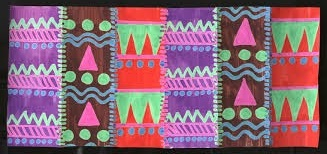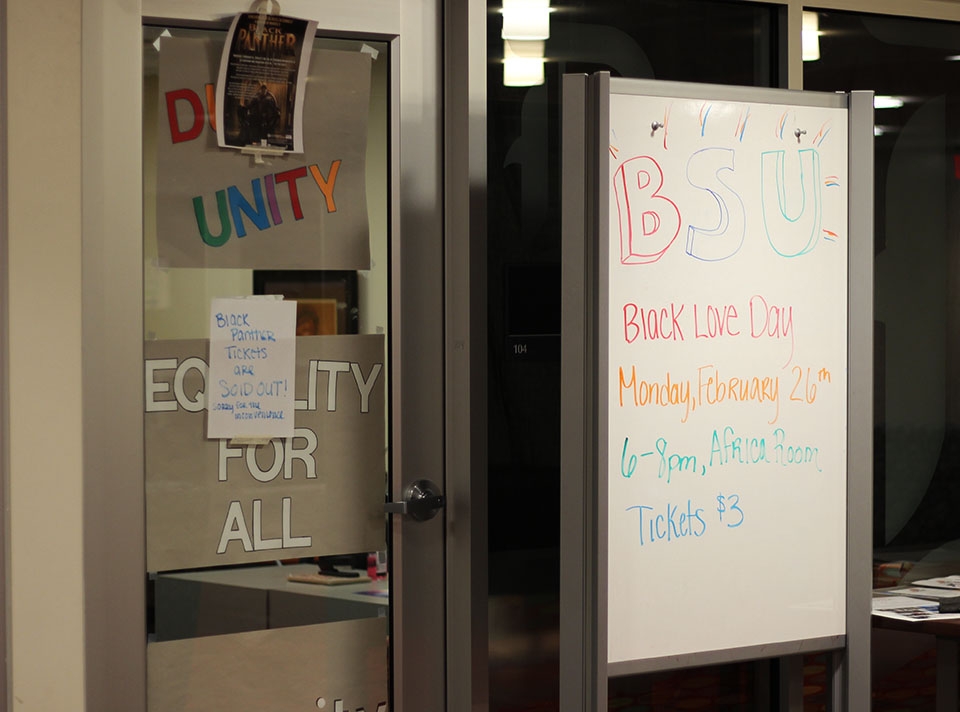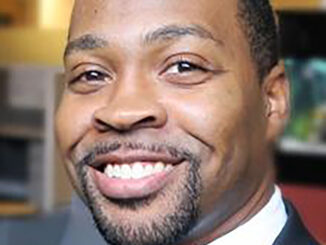
by Emma Polen & Nick Zotos | features editor & staff writer
Feb 24, 2022
Duquesne University hosted its fourth annual African American Read-In (AARI) event sponsored by Michael P. Weber Learning Skills Center.
On Wednesday, about 30 students, faculty and community members met online through Zoom to listen to literary artists of Duquesne and Pittsburgh recite works that represented African American heritage and resilience.
“Literacy is a significant part of Black History Month,” said Josephine Rizzo, the coordinator of the event and Pennsylvania Acts Advisor.
The founder of the African American Read-In initiative, Jerrie Cobb Scott, is said to have had a passion for connecting youth with representations of their life experiences.
“The purpose of an African American Read-In is to get young people engaged. It is important for all of us to see ourselves in books. Black students need to know that some of the characters are African Americans, just like some of them are. Seeing ourselves in books is important because that encourages us to read in a different way and encourages us to write more” Rizzo recounted Scott saying.
Every year, the read-in showcases and celebrates literary accomplishments of African American artists through creative and expressive performances of poetry, excerpts, music and dance, Rizzo said.
“This event is meaningful because our youth must realize that literacy is a significant part of Black History Month,” Rizzo said. Black artists were given an opportunity to share original compositions and impactful renditions of others’ work.
Natalie St. Hill, a sophomore Mary Pappert School of Music voice major, sang poetry accompanied by school of music student pianist Katelyn Denman.
Duquesne alumni Crystal McCormick Ware also spoke at the event. McCormick Ware is the newly appointed Inaugural Chief Diversity Officer at Duquesne and Special Advisor to President Ken Gormley on Diversity, Equity and Inclusion.
The poem she read, “I am a Black Woman” by Mari Evans, shared both the courage and pride it takes to be a woman of color. “Look at me, I am a Black woman,” it ended.
Sabali Daye, a co-founder of local artistry collective Poets of Steel, provided a unique connection to the audience with spoken-word poetry he authored himself.
Daye shared three of his works: Spoken words “Oh, Black Clan” and “Maafa Charter,” and music piece “Message to Royalty.”
Daye’s rhythmic lines toldtheir own story “Against corruption, we are the disruption,” he said in “Maafa Charter.”
The sung piece was done a capella, the same lyrical rhythm carrying the story of a man who must overcome the challenges of the life of a Black man.
An excerpt from the book “It Was Nothing at First,” was presented by its original author, Akmed Khalifa. Khalifa’s audio rendition of the story was accompanied by a video with sound effects and a series of photos relating to the content of his story.
Other featured speakers included Dessie Bey and KL Brewer from the Langston Hughes Poetry Society of Pittsburgh.
Wednesday’s event provided a safe and inclusive environment for African American artists to share their creations.
“Job well done,” April Wade, the event’s emcee, said at the conclusion of the read-in.
There will be other opportunities until the end of the month, both in-person and virtually, to celebrate Black History Month with campus activities.
Students are welcome at the Black History-themed dinner at Hogan on Thursday, Feb. 24. A “Saving Selves While Saving Others” discussion, led by Dr. Atiya Abdelmalik, held virtually and a Black “Friday” Business Expo, sponsored by the Black student Union on Friday from 12-2 p.m.



